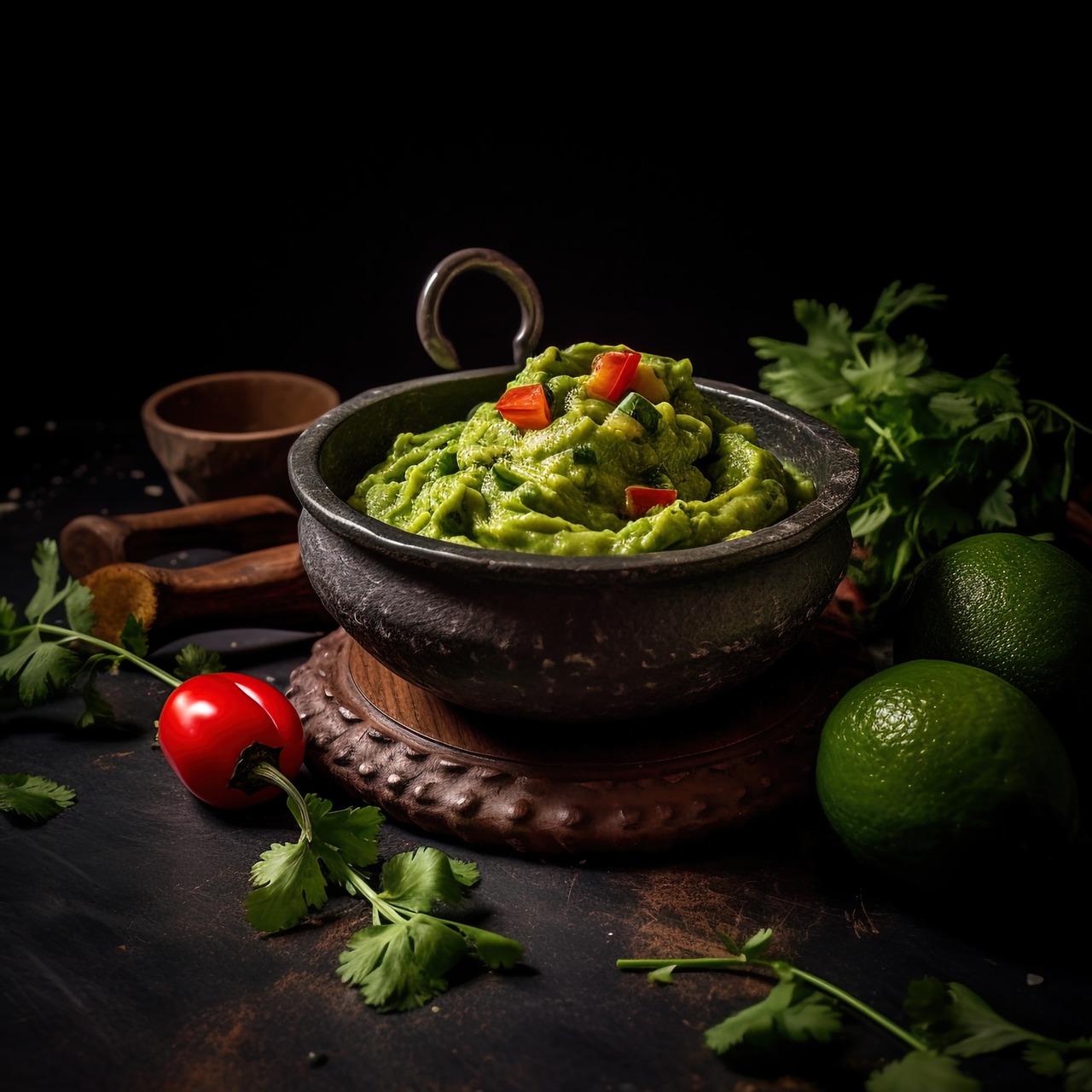The Impact of Globalization on Food Diversity
Fast food chains and multinational corporations have played a pivotal role in spreading standardized food offerings across the globe. With their aggressive expansion strategies and consistent menu choices, these entities have overshadowed local cuisines in many regions. The convenience and familiarity that these establishments offer have attracted a large consumer base, leading to an increased demand for uniform food experiences worldwide.
Additionally, the proliferation of mass media platforms has contributed to the homogenization of global cuisine by popularizing certain food trends and recipes. Television shows, social media influencers, and online recipe platforms often promote specific culinary styles and dishes, influencing consumer preferences and choices. As individuals are exposed to similar food content regardless of their geographical location, the diversity of traditional cuisines risks being marginalized in favor of more mainstream and commercialized options.
Challenges faced by traditional food cultures in the wake of globalization
Traditional food cultures are encountering significant challenges as they navigate the complexities of globalization. One major obstacle is the infiltration of Western fast food chains and processed food products into once-isolated communities, eroding the cultural significance of traditional meals. Additionally, the increasing appeal of convenience foods and mass-produced items has led to a decline in demand for locally sourced and traditional ingredients, threatening the livelihoods of small-scale food producers.
Moreover, the standardization of culinary practices to cater to global tastes has resulted in the loss of culinary diversity and unique food traditions. As traditional recipes and cooking methods are overshadowed by more widely accepted food trends, the rich tapestry of global cuisines risks being homogenized and diluted. This shift not only endangers the survival of traditional food cultures but also limits the exposure and appreciation of these culinary treasures to a wider audience.
The role of multinational corporations in shaping food diversity worldwide
Global food diversity is significantly influenced by the presence and operations of multinational corporations. These corporations play a pivotal role in shaping the choices available to consumers worldwide, often leading to a certain level of homogenization in food options. Through their extensive distribution networks and marketing strategies, multinational corporations introduce popular products and food trends across borders, shaping the preferences and behaviors of consumers in diverse regions.
While multinational corporations contribute to the accessibility of a wide range of food products, their dominance in the market can also pose challenges for traditional food cultures. The emphasis on mass production and standardized food products by these corporations can overshadow the unique flavors and culinary practices of local and indigenous communities. This has led to concerns about the erosion of traditional food cultures and the loss of culinary heritage in the face of globalization and commercialization.





